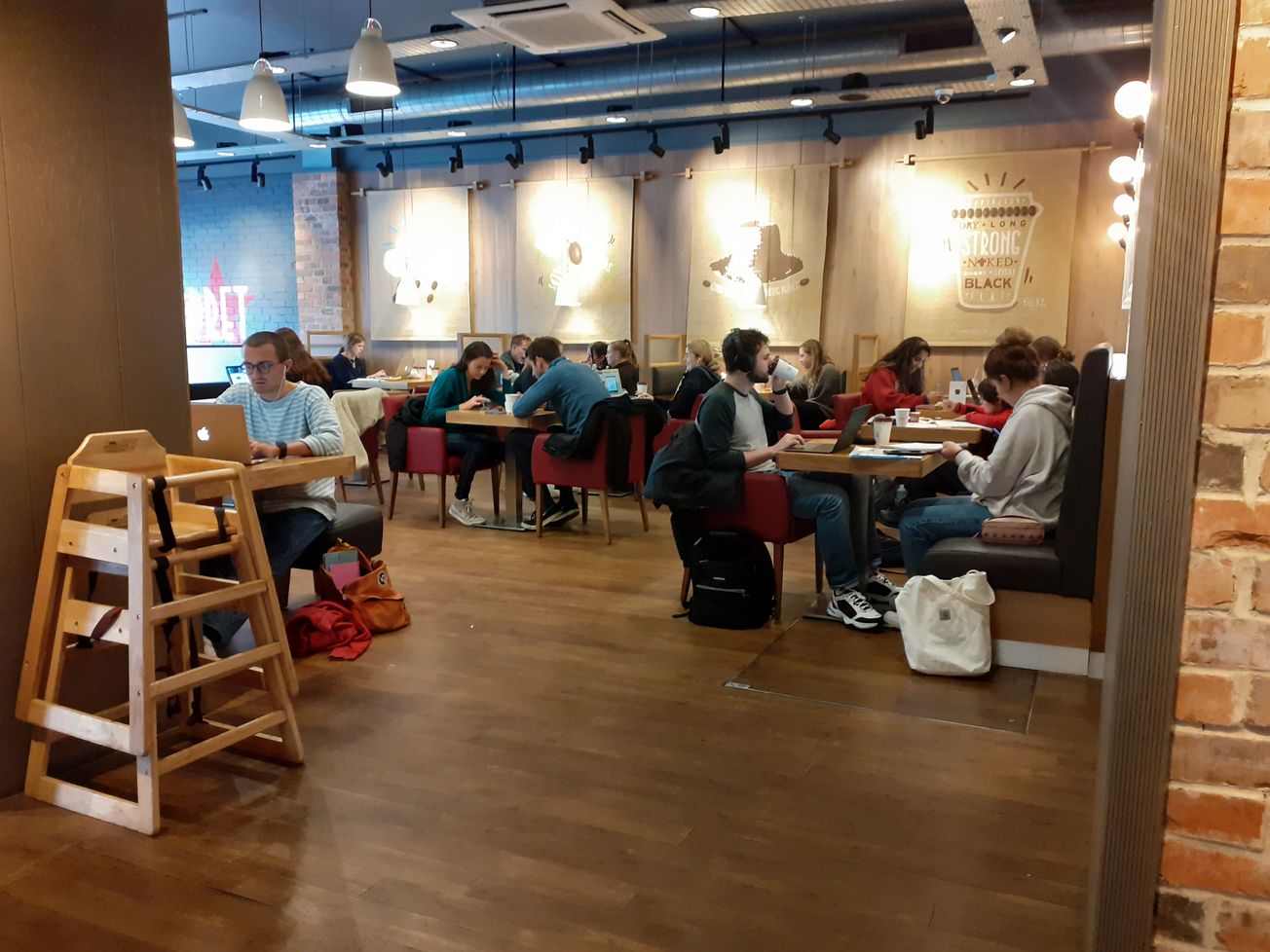By Emma Hanson, Fourth Year, English
Despite its many downfalls, Covid-19 has somewhat alleviated the pressure of the expectation to take things further after a first date.
‘Thanks for a lovely evening, and thanks for respecting my desire to social distance’. This new concept acts as something of a get out of contact free card. It’s the perfect reason to not rush into things, and to not do anything you are not entirely comfortable with or sure of, with a person you’ve just met.
It’s a safety blanket supported by both the media, and government advice. What it meant for me after my date, was that I stayed comfortable. I did exactly what I had set out to do on the date, which was to get to know somebody new without the added pressure to be physical that often accompanies that.
Society’s new awareness of how and when we touch others has been sparked by the Covid-19 pandemic. An innocent hug is now accompanied by a very real threat of disease. A simple touch has become so much more.
The coronavirus pandemic has forced me to re-evaluate how I really feel about touch
As a result, we ask to hug, ask to touch, and understand when people don’t want to, without asking any more questions. This newfound awareness and understanding of the consent attached to touching someone else’s body should continue beyond the Covid-19 pandemic.
Does the stranger you just met want to be hugged in greeting? Does the girl you offered to walk back to her house want to kiss you? The coronavirus pandemic has forced me to re-evaluate how I really feel about touch.
When talking about this with a friend, she eloquently summarised that ‘physical contact is expected until it’s actively declined.’ Dating culture is so steeped in touch that during a time like this when we can’t touch, we step back and think ‘how much -if at all - do we really want this?’
We need to stop assuming that everyone wants, or is comfortable with, this assumed physicality when first meeting someone
Dating without the instant assumption of touch or physicality feels like we have gone back in time to traditional courtship. I understand that some people want physical touch on a first date, and some people only want the physical side, but at the moment the choice has been taken away from us. We are forced to talk and get to know each other first.
I am not saying that touch and physical contact is bad on a date, I think it is an important part of being romantic with someone.
Body language serves as communication, especially in the early stages of dating. But we need to stop assuming that everyone wants, or is comfortable with, this assumed physicality when first meeting someone.
For people who have been physically assaulted, touch can even be triggering. So this new awareness of the consent attached to small moments of physicality can be hugely beneficial.
Students share the sour reality of sugar dating
Opinion | If you are going to overstay your welcome as a guest in a shared student house, at least do it properly
Being forced to take it slower can allow the emotional side of dating to come into the light, and take centre stage. It also creates a safe space where boundaries are less likely to be crossed, and people can be more comfortable when meeting someone new.
This can be hugely beneficial and allow us to really get to know each other before we take the relationship a step further and we should aim to maintain this awareness of touch and consent, even when social distancing rules are relaxed.
They were doing something right in the olden days when they courted. Perhaps being forced back into more traditional ways of dating is not a bad thing.
Featured Image: Epigram / Molly Pipe
How has the coronavirus pandemic affected your social life?








